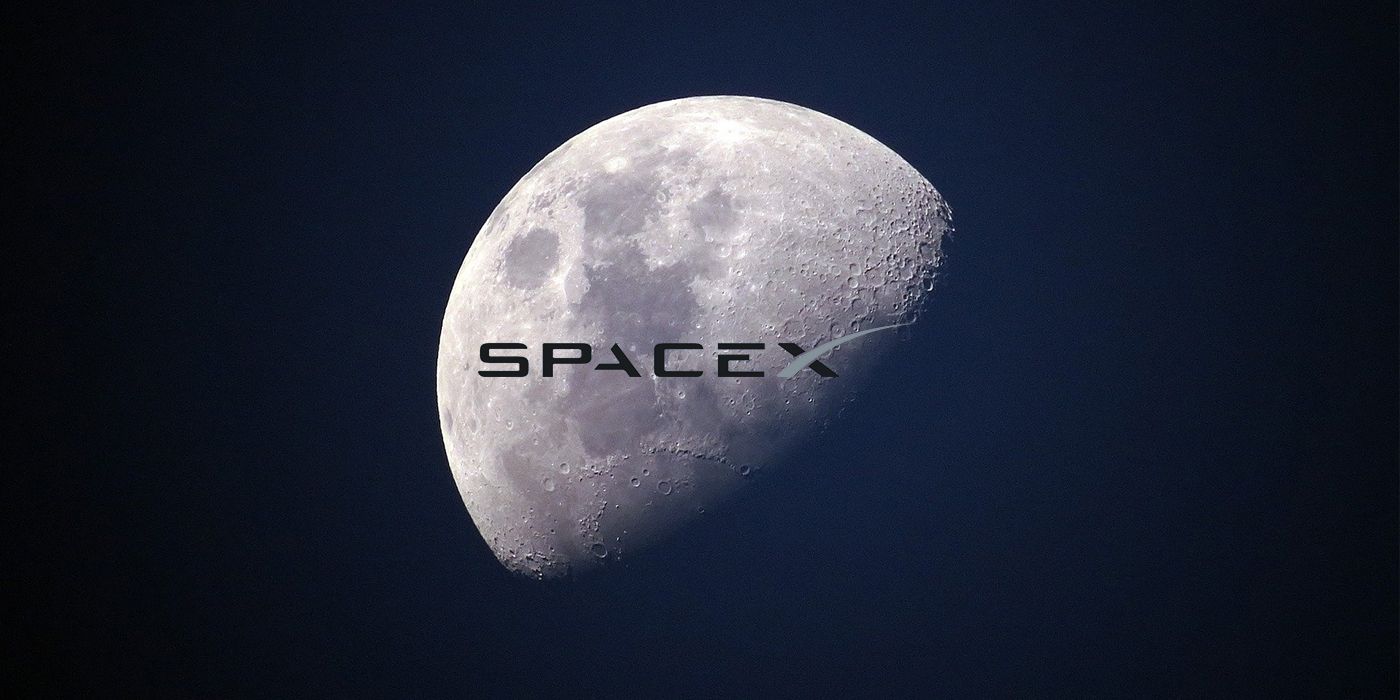NASA has announced that SpaceX will help it land the next people on the Moon. Elon Musk’s spacecraft and rockets company beat out Jeff Bezos’ Blue Origin in the ongoing space race between private companies. With the win, Musk edges closer to his goal of landing a human-crewed mission to Mars.
Musk’s dream for the Red Planet has never been a secret. The entrepreneur has regularly publicized his plans across social media over the years. SpaceX, which Musk founded in 2002, has slowly stepped farther and farther from Earth to accomplish the goal of landing on Mars. Last year, the company launched its first manned mission to the International Space Station (ISS), successfully ferrying astronauts to the facility from US soil. Around the same time, NASA also selected SpaceX to compete against Blue Origin and Alabama-based Dynetics, a defense contractor, to build a human landing system (HLS) for the agency’s upcoming plans to return to the Moon in 2024.
After almost a year of the firms competing for the contract, NASA has announced that it is moving forward with SpaceX for the job. The contract, valued at $2.89 billion, will see SpaceX working on the final leg of the journey to the Moon. While NASA will launch the astronauts from Earth to lunar orbit using its Space Launch System rocket and Orion spacecraft, SpaceX will develop the HLS needed to land on the Moon. After a week-long mission, the astronauts will once again board the lander and travel back to Earth using Orion.
A Giant Leap For SpaceX
It’s a monumental win for SpaceX. Having proved its mettle with recent missions and set plans for an all-civilian multi-day mission to orbit Earth, the company now also has a focus on more distant horizons. SpaceX, unlike its competition, now knows it will test its landers on an actual manned mission beyond Earth’s orbit. Successfully landing the first astronauts to the Moon since 1972 will expand the company’s lead credentials for further space missions — with or without NASA.
The company’s win isn’t a huge surprise. SpaceX’s previous partnerships with NASA have likely helped the company’s case with this contract and it has also launched regular cargo missions to the ISS. While it has won this first moon landing contract, though, NASA will be holding another competition for recurring missions to the Moon.
Regardless of who wins that, the upcoming Moon mission is a big win for humanity in general as it returns to pursuing spacefaring goals for the future. Though a return to the Moon is interesting in itself, establishing a regular route there opens a potential gateway to build a base, launch missions to farther targets, and spread out into the universe.
Source: NASA
